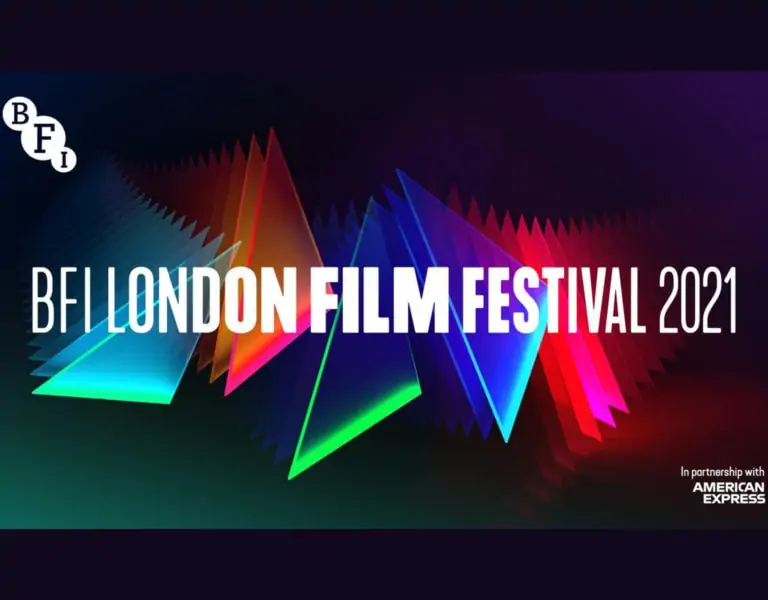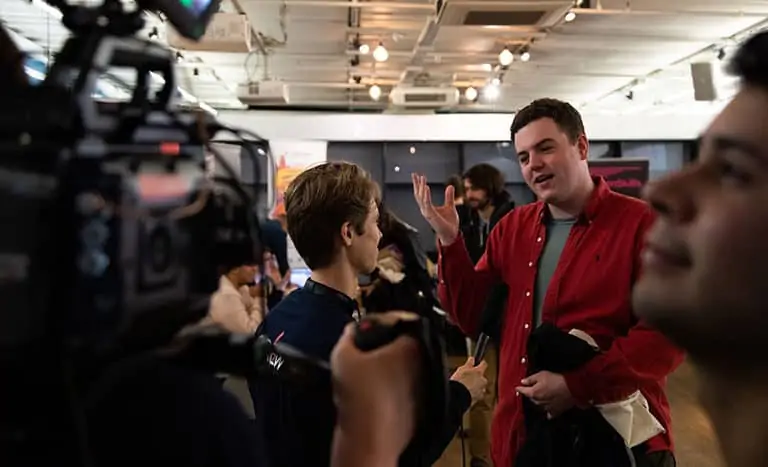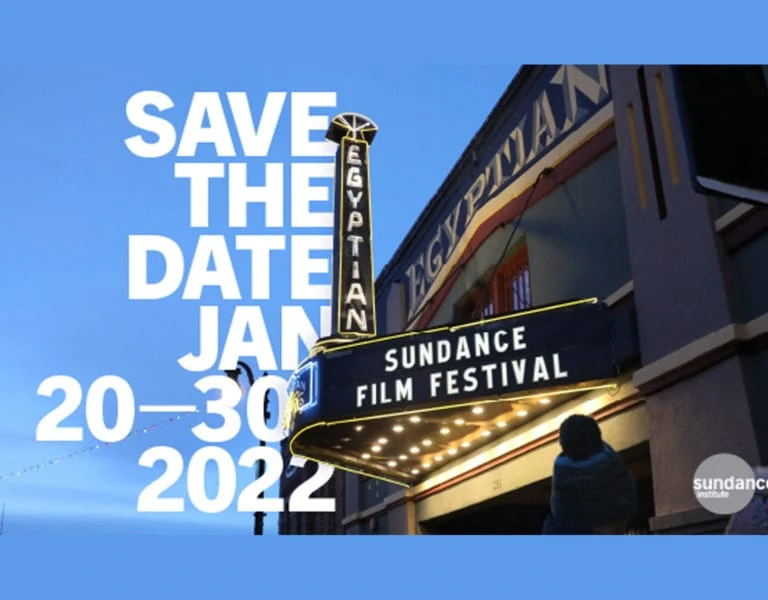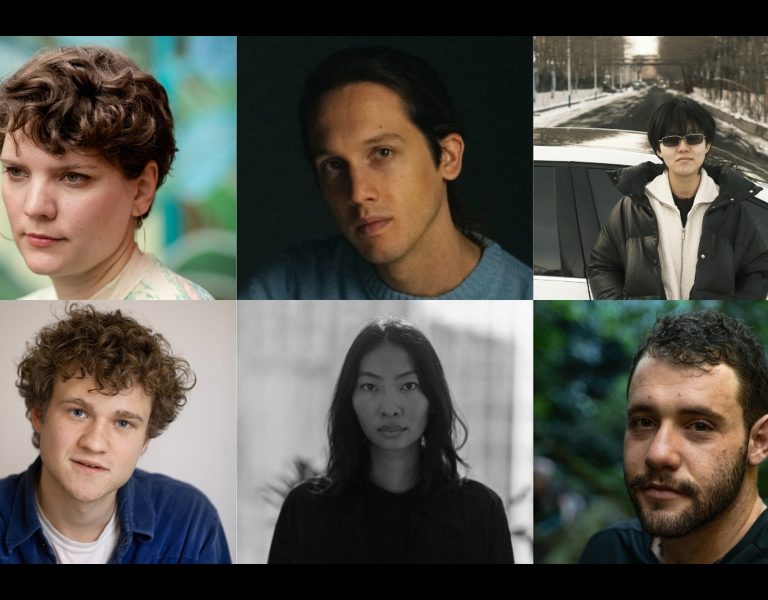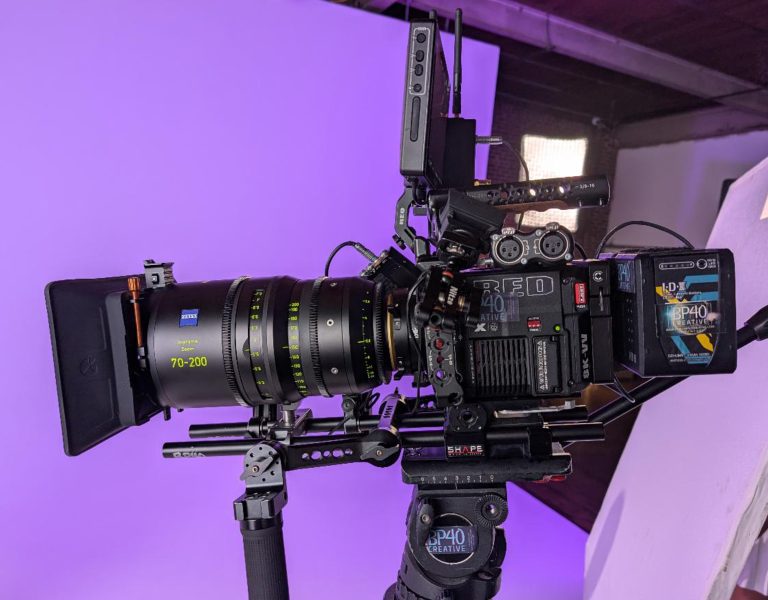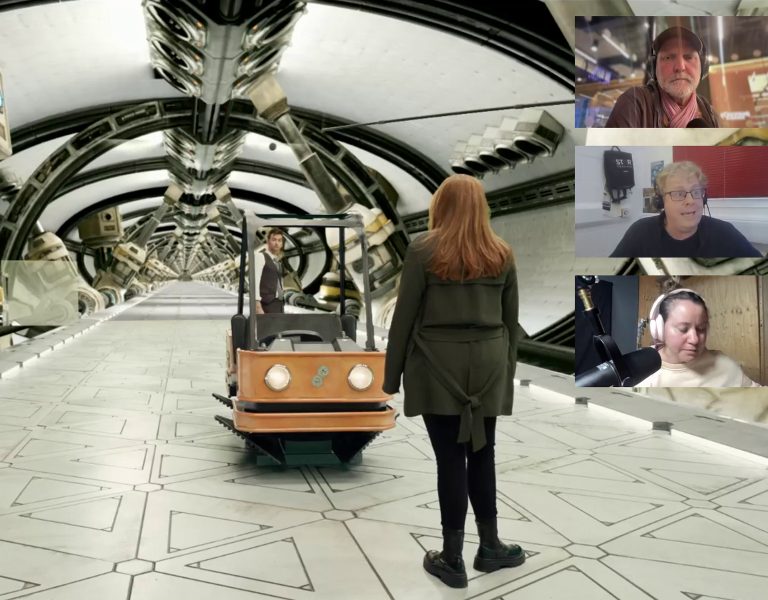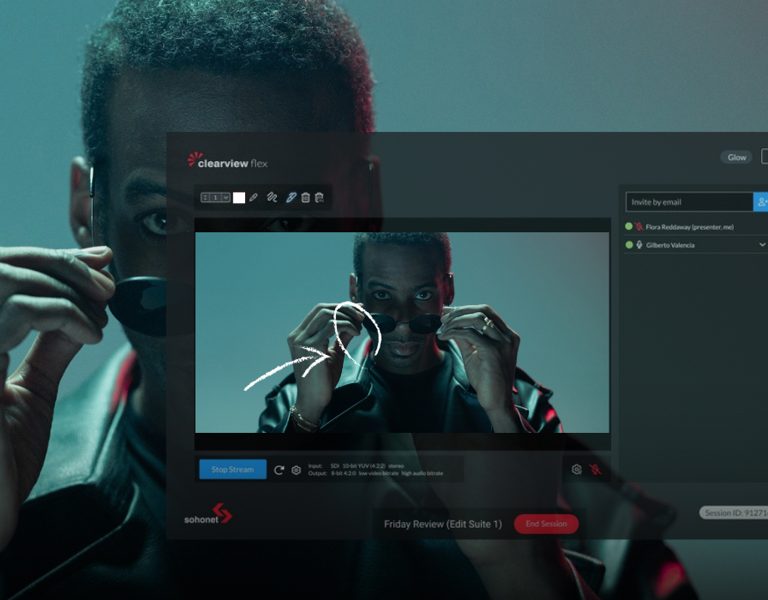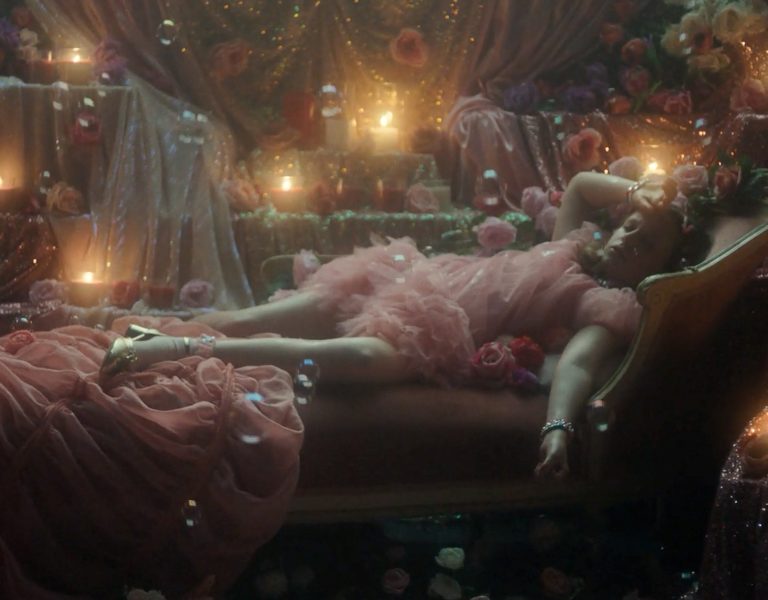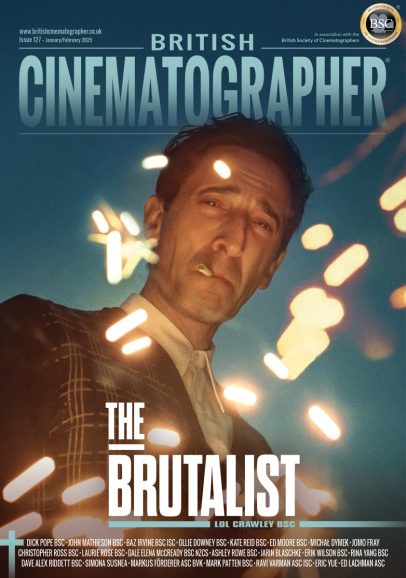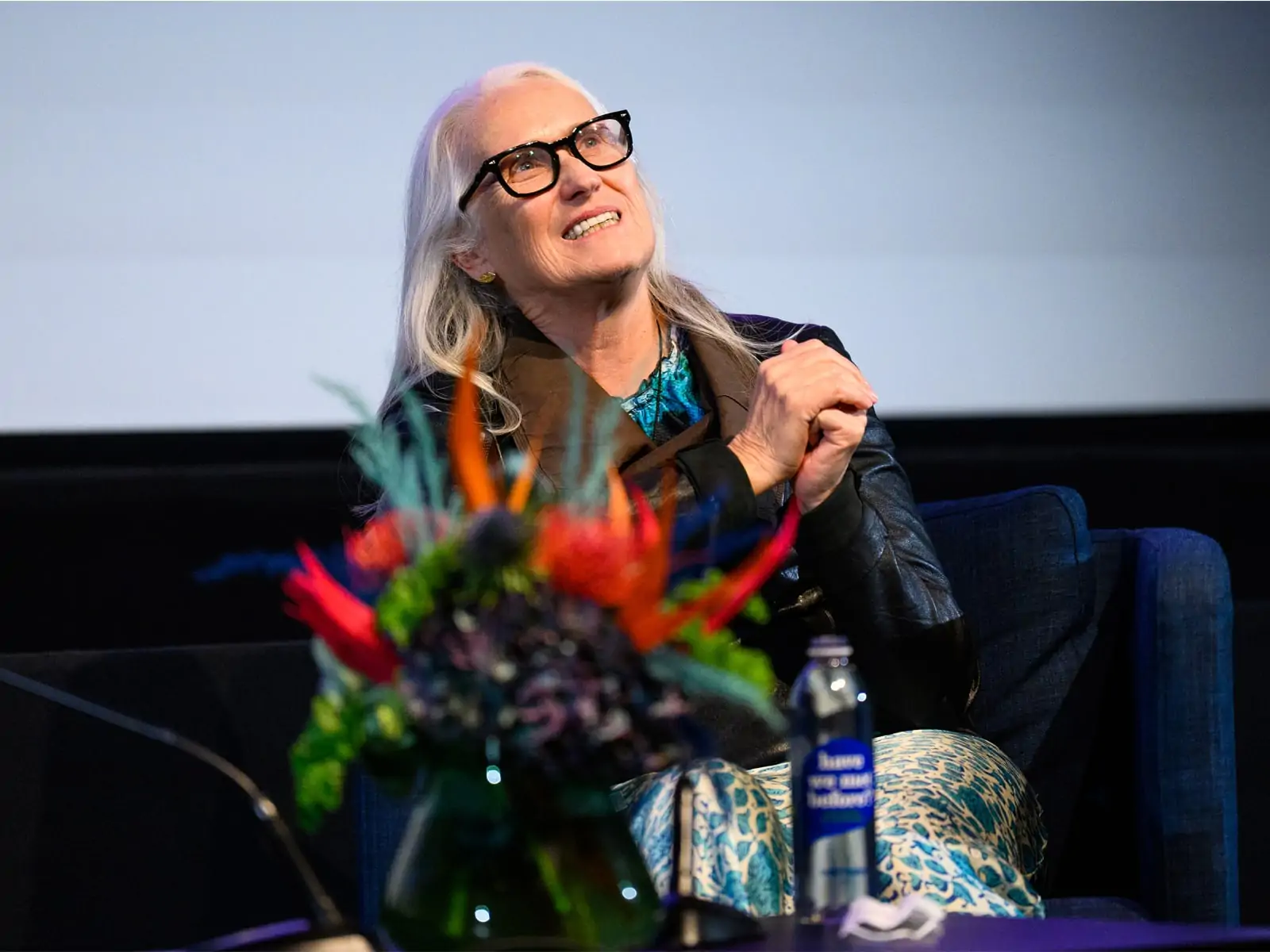
From events such as director Jane Campion’s fascinating Screen Talk through to an incredible line-up of screenings, the excitement surrounding this year’s BFI London Film Festival’s in person events was irrefutable, after the pandemic forced 2020’s event to move online.
“Last year was challenging,” says BFI London Film Festival director Tricia Tuttle. “We had to invent an entirely new model for a festival that has only ever seen slight adjustments and refinements from year to year.”
This also gave the team a chance to test new ways of getting the festival to audiences outside of London via partnerships with independent cinemas and digital festival screenings. Both innovations were taken into the model for LFF 2021, alongside the large-scale collective viewing experiences people knew pre-pandemic.
“We wanted to get everyone excited about going to the movies together, to remember how special that is. We wanted to be part of a bigger message that cinema is back!” says Tuttle. “Seeing a film with other people changes the experience. It makes it better. It’s also a sensorially rich experience to sit in front of a huge screen with the sound surrounding you and be immersed in the world of the film. We wanted to give people these experiences.”
Opening and closing films need to make an international impact, “so having a world or European premiere with major cast is essential for these two positions in the festival.” Tuttle believes this year’s opening film The Harder They Fall and closing film The Tragedy of Macbeth show the “breadth of style and storytelling in cinema.”
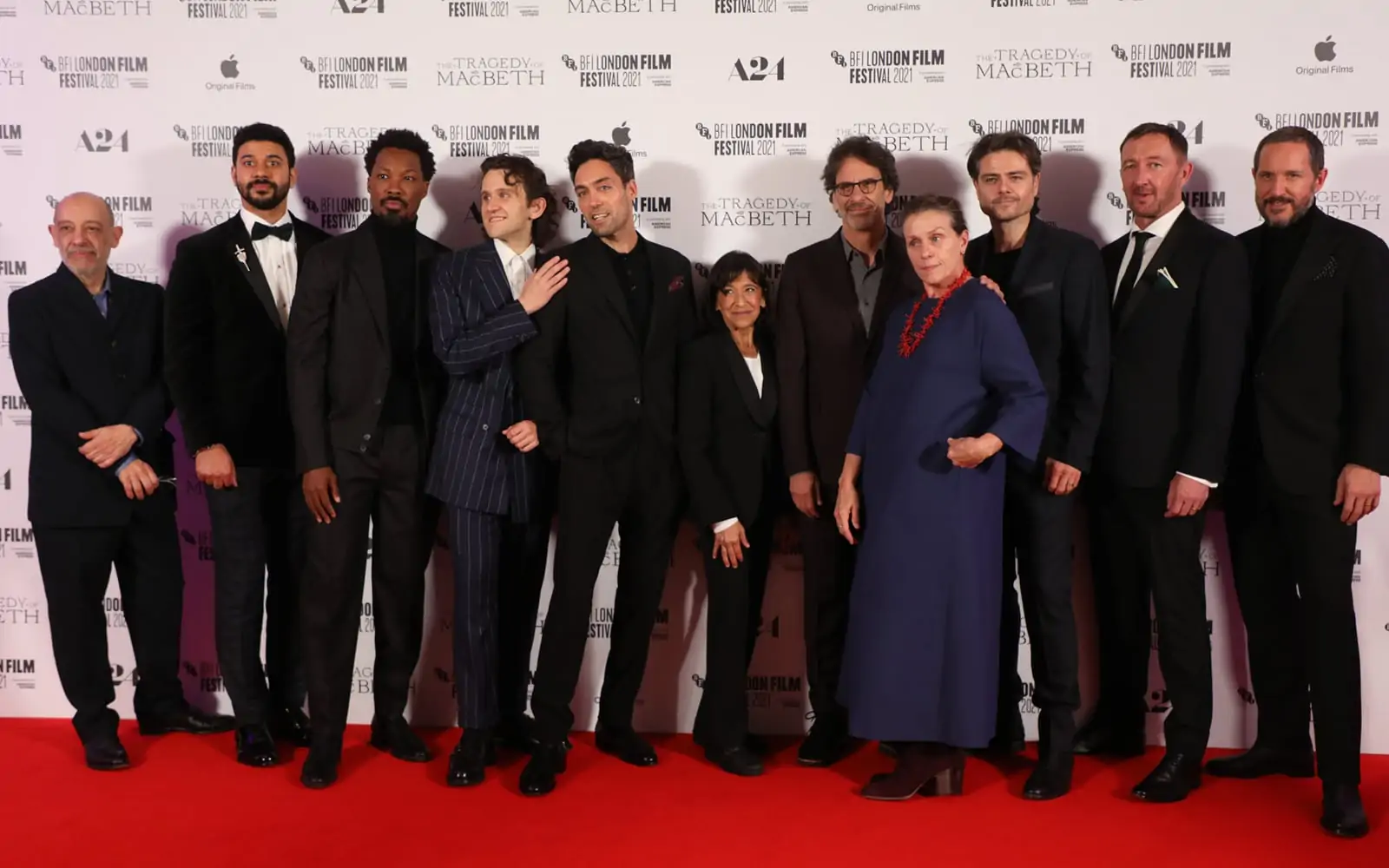
While there were many beautifully shot films screened at the festival, in terms of cinematography Tuttle would single out “Bruno Delbonnel ASC AFC’s work in The Tragedy of Macbeth and Haris Zambarloukos BSC GSC’s Belfast – both are gorgeous monochrome – and Claire Mathon’s work on Spencer and Helene Louvart’s languid, dreamy photography for The Lost Daughter.”
This year, the festival team launched its first live exhibition of Immersive Art and XR and a Series/TV programme. “We’re interested in how the lines are blurring between different forms of screen-based storytelling, with artists moving between them,” says Tuttle. “This year’s programmes had work from filmmakers such as Oscar-nominated director Asif Kapadia (Amy, Senna) in VR and Barry Levinson (Rain Man, Good Morning Vietnam) in television.
“It’s not just about centring ‘film’; these are forms in their own right and particularly with XR, the work is coming from a tradition of performance, music, visual art as much as it is evolving from cinematic traditions. And one of our biggest series moments this year was very much native ‘TV’ – Jesse Armstrong’s Succession Series 3. It was wild seeing that play to 2,000 people in our Gala venue at Royal Festival Hall – the atmosphere was like the Champions League final!”
Article by Zoe Mutter




